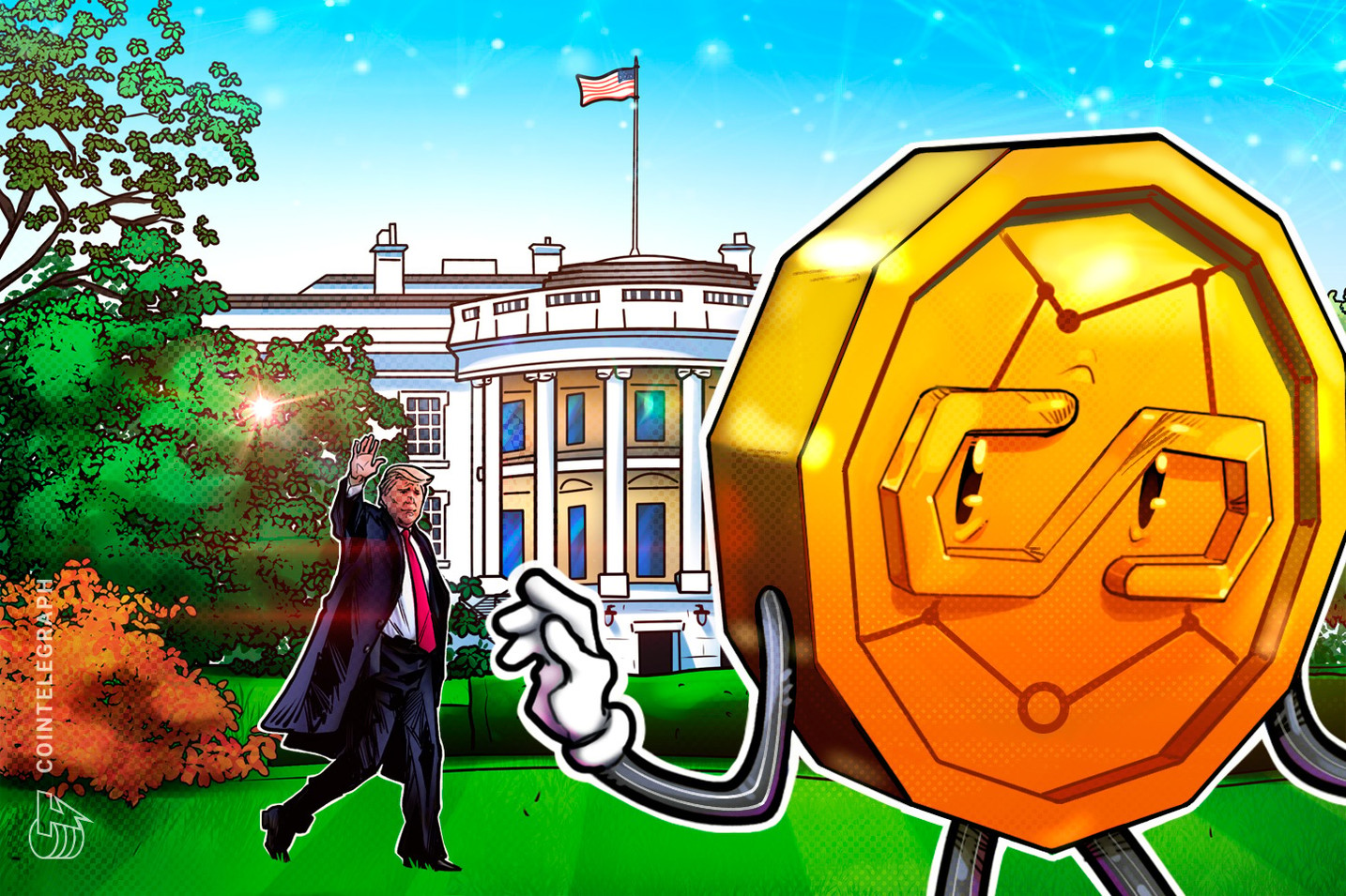
US President Donald Trump wants House members to pass the key stablecoin bill “LIGHTNING FAST” so that he can sign it into law.

US President Donald Trump has urged the House to pass the Guiding and Establishing National Innovation for US Stablecoins Act as soon as possible so he can officially sign it into law.
”The Senate just passed an incredible Bill that is going to make America the UNDISPUTED Leader in Digital Assets,” Trump said before calling on the House of Representatives to pass the bill “LIGHTNING FAST” in a Truth Social post on Thursday.
”Get it to my desk, ASAP — NO DELAYS, NO ADD ONS,” the US president said of the GENIUS Act.
His post came after the US Senate passed the GENIUS Act in a 68-30 vote on Tuesday.
A vote in the House is next, where Republicans also hold a slim majority over Democrats.
GENIUS Act could advance American interests
Many proponents of the GENIUS Act believe it would play a crucial role in maintaining US dollar dominance in global finance.
The bill’s sponsor, Senator Bill Hagerty, said that it would allow “businesses of all sizes, and Americans across the country will be able to settle payments nearly instantaneously rather than waiting for days or sometimes even weeks.”
Crypto bill faced earlier setbacks
The GENIUS Act initially failed a cloture vote in the Senate in May after several Democrats voiced concerns about Trump’s connections to the crypto industry.
One of the strongest critics of the bill is Senator Elizabeth Warren, who said Trump and his family would make “hundreds of millions” of dollars from his USD1 stablecoin if the bill passed.
Related: Stablecoins will soon have their ‘iPhone moment,’ Circle CEO
Other Democrats, such as Mark Warner, expressed concerns about Trump’s crypto ventures but said the US couldn’t “afford to keep standing on the sidelines” while the crypto industry evolves.
Stablecoin bill sets clear rules for issuers
The GENIUS Act seeks to create a regulatory framework for dollar‑pegged payment stablecoins, mandating full 1:1 reserve backing, licenses at the federal or state level, Anti-Money Laundering compliance checks and sufficient consumer protections.
Stablecoin issuers may also be prohibited from using reserves for anything other than redemption and certain safe investments — such as low‑risk Treasury repos — to guard against shadow‑banking risks.
Magazine: Trump’s crypto ventures raise conflict of interest, insider trading questions








